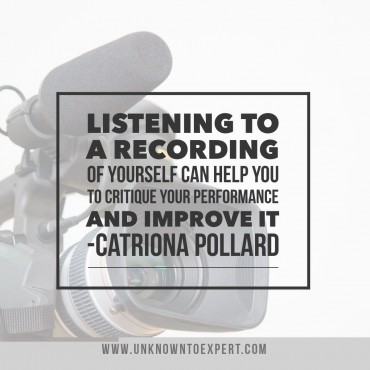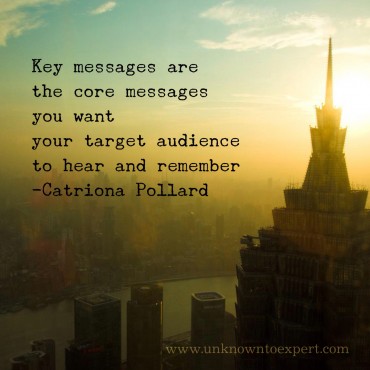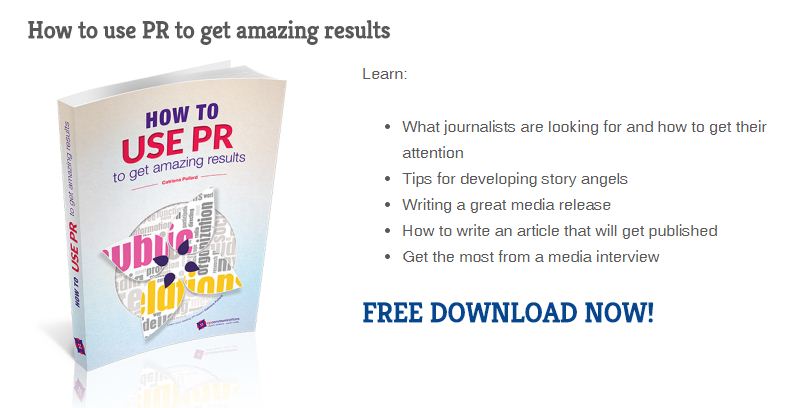How to survive a media interview
So you have distributed your media release or sent your pitch to a journalist and now you have had some interest from journalists – and now a couple of them have called you for an interview. What do you do?
The most important thing to remember in a media interview is that it is an opportunity for you to get your messages to your audience. You are in control of the interview.

The first step
It is important not to respond to any questions on the initial call. To maximise the opportunity, you first will need to organise your messages.
Ask the journalist what information they are looking for and the format of the interview (if it is over the phone, one-on-one, live or prerecorded). All journalists work to a deadline, so find out what their deadline is and set a time to call them back. Make sure you call them at the agreed time.
You can’t ask to see the questions or the story in advance. Remember you cannot change your quotes or edit the story after the interview. More often than not, the journalist will be interviewing other people to ensure the story has a balanced view, so do not expect to be the only person interviewed or quoted.
Setting your agenda
Before you undertake the interview you will need to write out a game plan. The game plan covers key issues, possible questions about the key issues and the answers for each possible question. It is important to write these out – don’t do it from memory. If you are doing a phone interview, have the plan and media release in front you for easy reference.
Develop compelling messages
What are the critical messages that you want to communicate? Key messages are the core messages you want your audience to hear and remember. They create meaning, headline the issue and allow you to control the interview.
Your key messages are what you must say and get across in the interview – irrespective of what questions the journalist asks.
With your audience in mind, and focused on your objectives, you should work out in advance of the interview what you must say on the topic concerned.

Understand the journalist’s role
The journalist’s role is not to try to catch you out, but to establish the facts and report on them objectively. If you focus on waiting for them to ask a tricky question, you will not be in control of the interview.
Journalists are looking for the truth. If you try to get a story by making claims that cannot be substantiated, it will not lead to a story. The article will not be published and they will certainly never ask you for an interview again.
Ensure any information such as statistics you provide the journalist can be substantiated.
Know the real audience and objective
Try to develop an understanding of the audience the journalist will be writing for so you can set your agenda accordingly. It is worth looking up the journalist’s publication on the internet or buying a copy. If you have time, read some articles they have written so you can understand their style.
Practice, practice, practice
After your preparation, you should review your game plan and do a practice interview. Close the door to your office, take the phone of the hook and spend 10 minutes going over your key messages and answering the questions from your game plan. Remember this is your opportunity to get your messages to your audience, so make full use of it.
